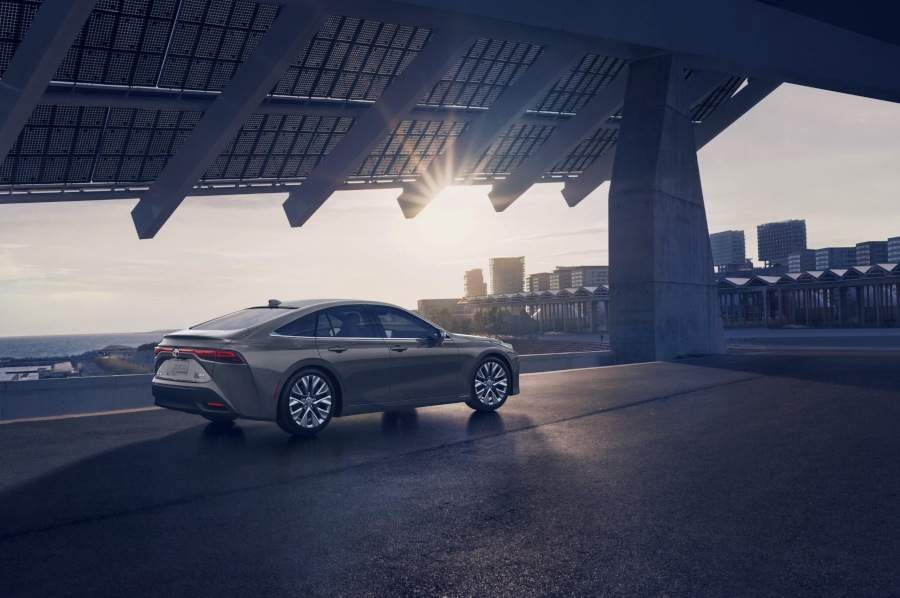
Hydrogen-Powered Cars: A Viable Path to Green Mobility or Another Dead End?
In this technological era, is hydrogen truly the key to fueling innovation one atom at a time?
Well, the decline of LPG-powered cars, however, may cast doubt on this vision.
While electric vehicles (EVs) are gaining momentum, hydrogen fuel cell vehicles, like Toyota’s Mirai, offer another potential path to green mobility.
But will they face the same fate as LPG-powered cars, or can they carve out a sustainable niche in the market?
Earth-Friendly Commuting
Hydrogen-powered cars, much like their LPG counterparts, offer significant environmental benefits. They emit only water vapor, and so are a clean alternative to conventional vehicles.
Toyota’s commitment to hydrogen technology underscores its potential, with the Mirai serving as a flagship for this innovative approach.
However, the story of LPG vehicles in Europe serves as a cautionary tale.
Despite their eco-friendly credentials and lower fuel costs, LPG cars are being phased out due to disappointing sales and a shift in focus towards electric vehicles. This raises questions about the long-term viability of hydrogen-powered cars.
The environmental importance of hydrogen vehicles is clear. They offer zero-emission driving without the range anxiety associated with battery-electric vehicles. Moreover, hydrogen can be produced using renewable energy, potentially creating a closed-loop, carbon-neutral transportation system.
Does it Make Business Sense?
The answer is complex. Like LPG vehicles, hydrogen cars face significant infrastructure challenges. The number of hydrogen refueling stations is limited, which could deter potential buyers.
Toyota and other proponents argue that it’s easier and quicker to build hydrogen infrastructure than to upgrade the electric grid for widespread EV adoption.
From a manufacturing perspective, hydrogen fuel cell technology is more complex and currently more expensive than battery-electric systems. However, proponents argue that costs will decrease with scale, and hydrogen vehicles offer advantages in weight and refueling time, particularly for larger vehicles and long-distance transport.
Possible Fate of Hydrogen-Powered Vehicles
The fate of hydrogen-powered cars may ultimately depend on government policies, industry commitment, and consumer acceptance.
While the shift away from LPG vehicles in Europe might seem discouraging, it’s worth noting that different regions may adopt different solutions.
Japan, for instance, is heavily investing in a hydrogen-based economy, which could provide a strong base for hydrogen vehicle adoption.






